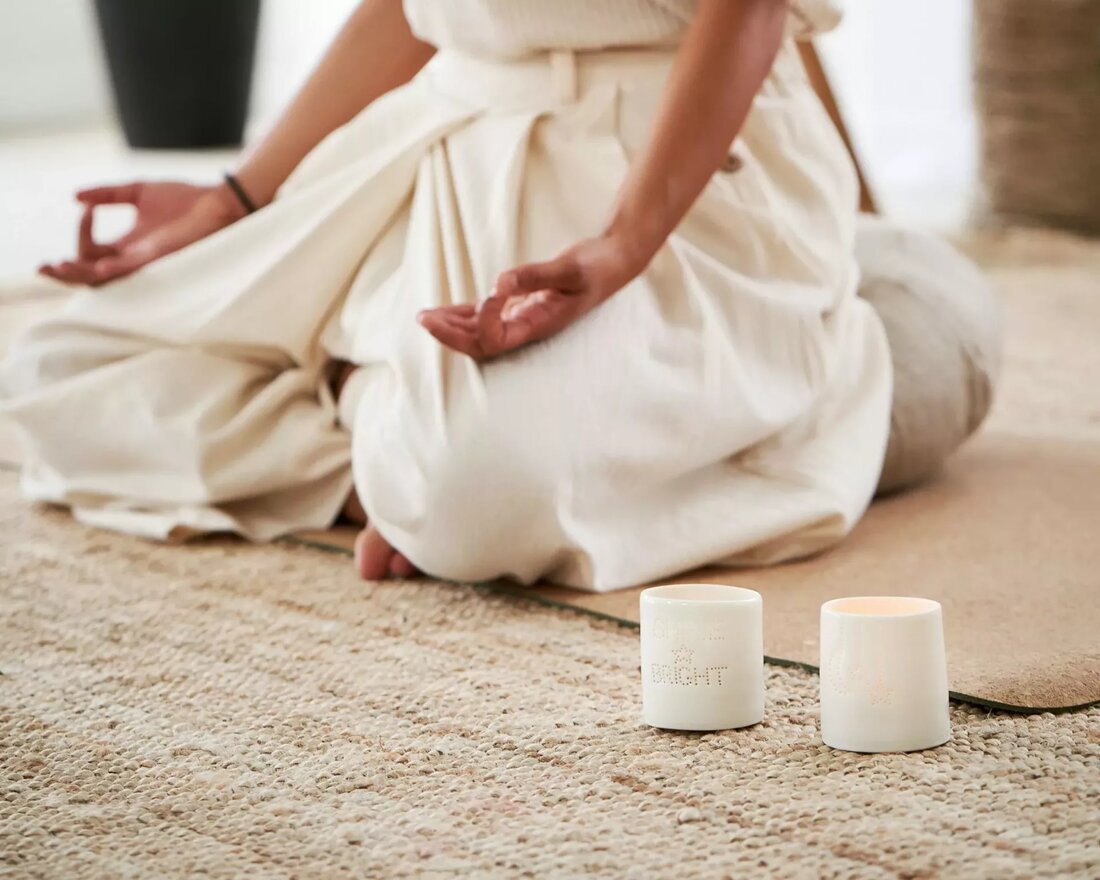Discover your Dharma - Yoga
What does “Dharma” mean? The word “Dharma” is an ancient concept that has evolved over thousands of years. Among many different traditions from Buddhism to Jainism and Hinduism, we even find this word in the ancient yogic texts known as the Vedas, dating back to around 1500 BC. In these ancient cultures the concept of "Dharma" was central to life, from the root word "dh" meaning "to hold" or "to support", Dharma refers to the eternal and inherent nature of reality, to truth, and is also translated as "duty", "virtue" and "morality". While the concept of “Dharma” is a...

Discover your Dharma - Yoga
What does “Dharma” mean?
The word “Dharma” is an ancient concept that has evolved over thousands of years. Among many different traditions from Buddhism to Jainism and Hinduism, we even find this word in the ancient yogic texts known asVedas,from around 1500 BC. In these ancient cultures the concept of "Dharma" was central to life, from the root word "dh" meaning "to hold" or "to support", Dharma refers to the eternal and inherent nature of reality, to truth, and is also translated as "duty", "virtue" and "morality". While the concept of “Dharma” is a wonderful way to help us live with more purpose and presence, there is a slight problem with how we understand it in the modern world. Maybe it's our modern obsession with performance and productivity; or maybe it's the pressure many of us feel to be "successful" and "live our dreams"... but today many people translate the word "dharma" as "life purpose." The problem is that trying to figure out what the purpose of our life is can bring up a great deal of anxiety. It can make us feel like failures if we don't do a job we love or live a lifestyle we prefer. It can cause us to never feel satisfied with what we have, and it can cause us to look outside of ourselves for happiness and validation, all of which only leads to more anxiety and unhappiness.
How can I discover my Dharma?
To truly discover our Dharma, it is time to change the way we think about it. The true meaning of “Dharma” is not about individual achievement or self-centered success. The true meaning of “Dharma” is a collective effort to live in accordance with the eternal nature of reality, to live with morality, to understand what truly matters to you and what truly makes you happy so that you can contribute your best self to the world around you.
So if you're doing a job that you don't see as your "purpose in life," don't worry - your job is not your purpose. Remember that your goal is just to figure out what is important to you and bring your best self into the world around you (even if the “world around you” is literally yourself, your family, and your home). To discover your Dharma, you need a notebook and a quiet place where you can rest for a while. Choose that(link removed), (the fabric cover is appropriately labeled with;'You are a great creature, begin to know it')or herBeautiful and amazingDiary,what reads;“Today, if you need to see something beautiful and amazing for no particular reason, look in the mirror.”Next, sit on your meditation cushion (If you still need yours, choose that(link removed))and take three slow breaths. As you look at the questions in the list below, pay attention to the answer that comes to mind first and be as honest as possible. For example, when you read the question“How would you like to be remembered?”Your answer doesn't have to be anything material or physical, it can be a quality like "kind" or "honest." Don't use these questions to try to find a new job, but rather to explore how you can live each day with more truth, authenticity, and meaning.
Discover your Dharma
1. What do you value most about yourself?
2. What do you value most in your life?
3. What hobby or activity do you enjoy the most?
4. What can you do yourself without asking for advice or searching on Google?
5. What makes you different?
6. How would others describe you?
7. What are you willing to fight for?
8. What are you good at?
9. What activity puts you in a “flow” state?
10. When do you feel joy?
11. What excited you as a child?
12. If you didn't have a job, how would you fill your days?
13. What topics are close to your heart?
14. What would you do if your days were numbered?
15. What motivates you?
16. Do you prefer spending time with people or alone?
17. What is the most rewarding thing you have ever done for someone else and why was it so rewarding?
18. How would you like to be remembered?
19. What are you dreaming about?
20. How are you going to save the world?
Written by Yogamatters

 Suche
Suche
 Mein Konto
Mein Konto
